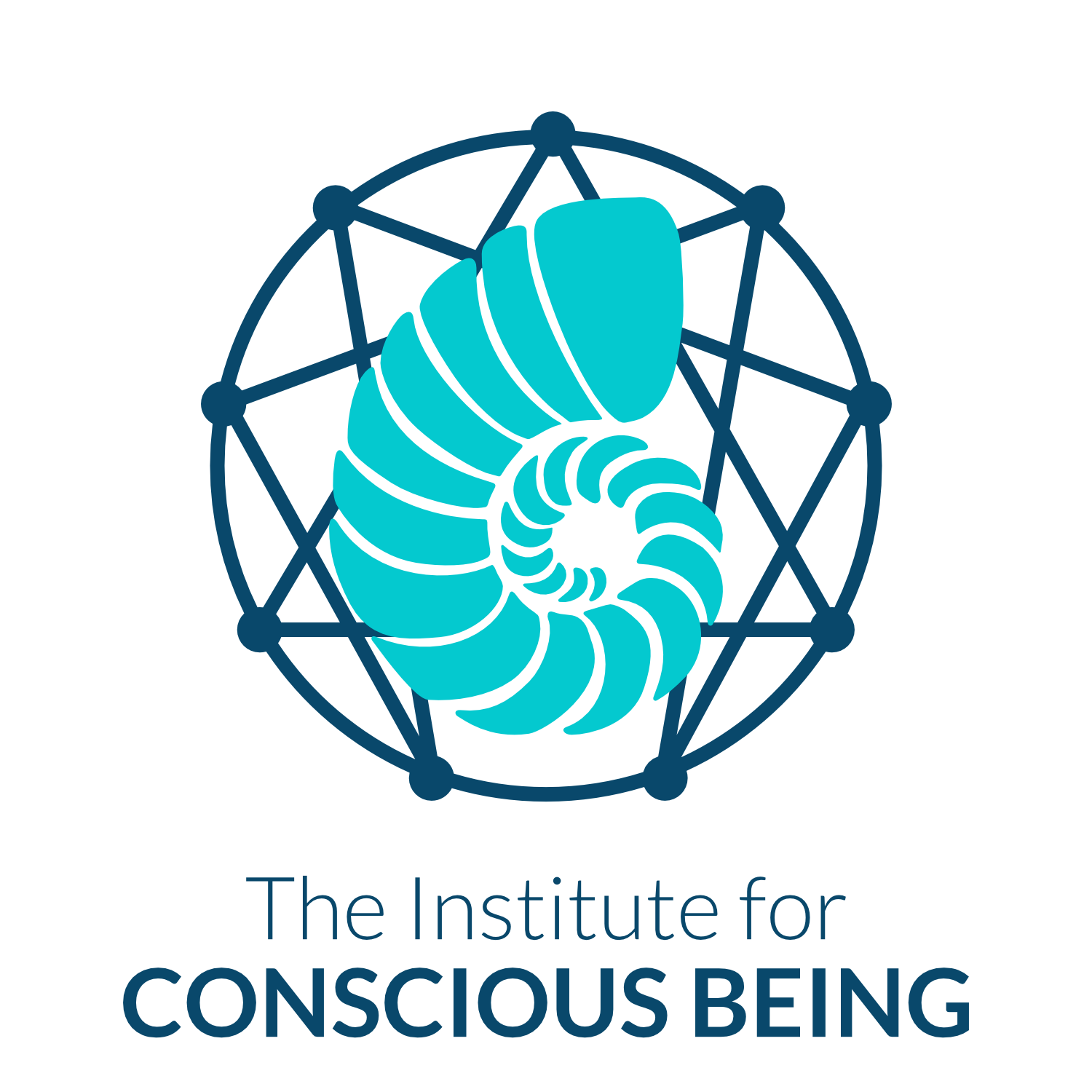Making Peace with the Past Part 6
December 4, 2024
Making Peace with the Past Part 6
We make peace with our pasts by giving ourselves a healthy measure of self-compassion and forgiving ourselves. However, this is not as simple as it may sound. It takes time to make peace with our regrets because we must excavate the layers of our guilt and remorse. So, in order to heal, when each memory surfaces, instead of condemning ourselves or being consumed with shame, we see ourselves as products of growth, as people who acted unconsciously, and as a human who, like all humans, falls short. After the sometimes-excruciating process of memory review, we are now in a position to ask for forgiveness from ourselves and then from God.
Our pasts also include the wounds inflicted on us by others. What do we do with those vast hurts? In my years of clinical practice, I have experienced many dear people who were hurt by the very ones who were supposed to have protected them—their parents. And many souls carry huge resentments and anger toward their parents. They feel ashamed to have such feelings because they’re devoted to the people who brought them into the world and raised them. So, they never express negative feelings about their mother, father or both. Another reason people may be reluctant to express anger toward their parents is that, in our Judeo-Christian society, we are to honor our parents. The Fifth Commandment is: Honor thy mother and thy father that your days may be long upon this land that the Lord is giving you (Exodus 20:12.)
Most parents hurt their children in one way or another. Parents who do their job inevitably hurt their children to greater or lesser degrees; discipline and correction aren’t fun, but they are required. Some parents, however, cross boundaries and punish too severely—to the point they damage their child. Some parents harshly shame their children which causes poor self-esteem in them. As we know, some parents physically abuse their children, and some neglect them. Sadly, in my years of seeing people for problems such as depression, anxiety, PTSD, and personality disturbances, some have been victims of sexual abuse from a parent.
Feelings about parents can be complicated. Sometimes, there is a mixture of love and hatred. But the bottom line of healing ourselves from parental abuse is to pity them. Maybe we do not like the word pity, but it is fitting when we genuinely feel sorry for someone. If our parent crossed boundaries and hurt us deeply, they did so because of mental health and spiritual issues that blocked their ability to love (at least in those instances). They were unconscious of themselves, and their behavior. Taking pity on those who are impaired because of mental health and spiritual matters is relatively easy, but when they are our parents, and we are the ones who were hurt, it’s hard. Genuine pity is a child of compassion. If it takes pity to help us gain compassion, then we begin there.
After we gain compassion for our parents, we can take steps to forgive them. In extreme cases of abuse, professional and spiritual treatment is the usually best route.
Spiritual practice: Look at your parents as children and imagine the issues with which they grew up and the problems they may have inherited. Ask yourself if these may have affected their behavior when raising you. Look at photos of your parents when they were children. Look into their eyes. Does this change, in any way, how you view them? Can you forgive them?
Self-inquiry: Would you want your children to take pity on you if that meant they could get on the road to compassion and forgiveness?
Dear God,
I pray for the courage to have compassion for those who I find most difficult to pity. Amen


